Policy update - New south wales, South Australia, Tasmania and Victoria
Energy briefing update - June 2021
Read on for an overview of new policies and programs that support businesses with managing their energy costs from the states:
Click here to return to the second edition of the energy briefing update.
New South Wales
NSW Net Zero Plan Stage 1
The NSW Government's Net Zero Industry and Innovation Program supports and partners with business and industry to reduce emissions. Opportunities for businesses in the Clean Technology Innovation focus area are expected to be announced in second half of 2021, such as a Grant for Commercialisation and Pilots.
Register here to receive updates.
South Australia
Energy and Emissions Reduction Agreement
The Australian Federal Government and South Australian Government have signed a $1 billion State Energy and Emissions Reduction Deal. The two governments have said this big commitment has two goals: delivering affordable and reliable power and investing in key emissions reductions projects. Funding will be directed to priority areas, including $400 million for projects focused on carbon capture and storage, electric vehicles and hydrogen in South Australia.
Learn more here.
Tasmania
Further Climate Action
The Tasmanian Government was re-elected in May, which means they’ll be implementing a range of new measures to support the state’s transition to net zero. These include a handful initiatives that businesses can access:
$30 million over 2 years to re-launch a Tasmanian Energy Efficiency Loans Scheme program for small businesses;
A two-year stamp duty waiver for the purchase of new and second-hand electric vehicles;
$600,000 in grants to grow Tasmania’s electric vehicle charging network in our regions and at key tourism destinations;
Waiving registration for electric vehicles purchased by car rental companies and coach operators for two years; and
$1.5 million to tourism businesses to deliver carbon and sustainability audits.
Victoria
Climate Change Strategy
The Victorian Government released its new Climate Change Strategy that includes an aim to reduce emissions by 28-33 per cent by 2025, and 45-50 per cent by 2030. Of note to businesses, the Government has prepared sector pledges to meet this target:
Energy: 15,000 small businesses will receive rebates for solar panels;
Agriculture: farmers will be supported with guidance and funding to realise emissions reduction opportunities on-farm; measures include $10 million for a pilot program to develop and implement 250 on-farm action plans with subsequent grants of up to $5 million for farmers reduce their emissions;
Industrial processes: actions to support industry with improved management of large refrigeration and air conditioning systems, and the handling and disposal of refrigerant gases; and
Transport: $100 million in new measures to encourage the uptake of zero emission vehicles.
Learn more here.
So, what’s next?
It is worth businesses staying on top of government policies and programs that impact them to ensure that they are actively managing the risks - and capturing the opportunities - of Australia's energy transition.
Sign up to receive energy briefing updates to get important updates on government policies and programs from around the country direct to your inbox.
For more opportunities that can support your business, check out the latest update on New grants and other opportunities.
Click here to return to the second edition of the energy briefing update.
About Navigating a dynamic energy landscape
There is an enormous amount of information on energy in the public domain, yet it can be hard for business leaders to extract what matters for their businesses.
Navigating a dynamic energy landscape: a briefing for Australian businesses is an executive-level briefing designed to cut through the noise and help businesses confidently navigate Australia’s dynamic energy landscape.
The sector spotlights and other resources that accompany the briefing exist to support this aim.
This initiative is delivered by the Energy Efficiency Council with the support of industry and the NSW Department of Industry, Planning and Environment.
To learn more visit energybriefing.org.au.





